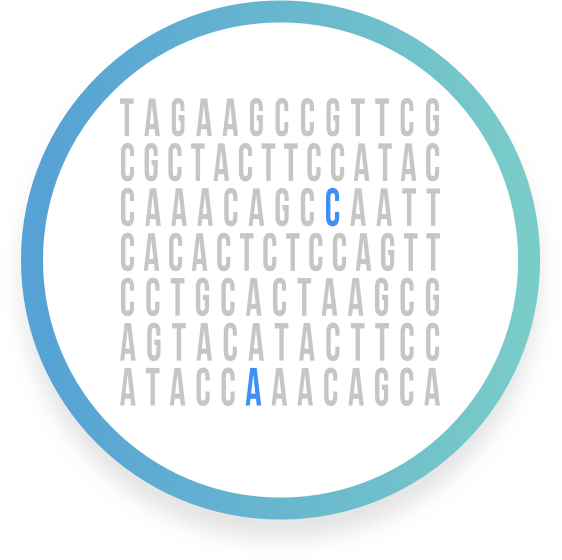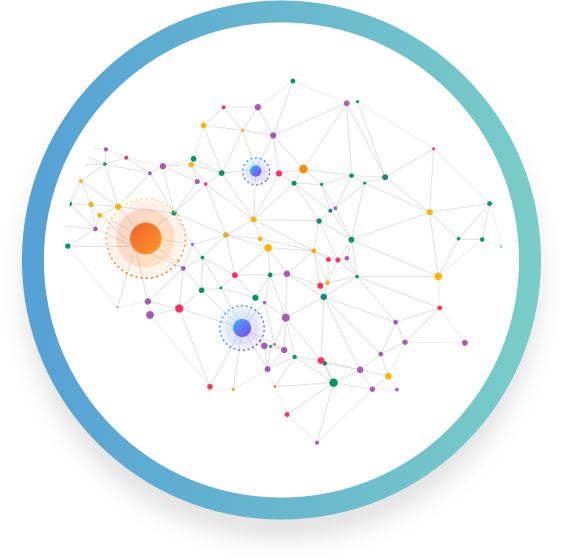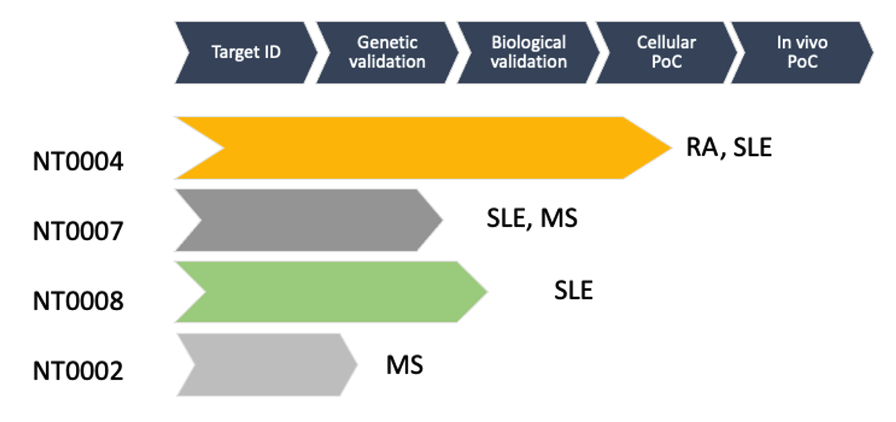Our research dramatically improves our understanding of how the dark genome drives disease and has the potential to discover novel high-quality targets guided by genetics across multiple diseases to build a robust pipeline of drug assets.
Nucleome decodes genetic variation within the dark matter of the human genome to find new ways to treat diseases.
The dark genome makes up over 98% of our DNA which does not encode for proteins and is largely uncharted. It acts like an instruction manual that defines cell type specificity, switching genes on and off at the right time and level. This allows for translation of the universal genome, present in human cells into multiple, differentiated cell types.
The dark genome contains the majority of disease-linked genetic variants, but most have no function currently ascribed. Nucleome has the tools to unlock its potential and discover new drug targets along with associated biomarkers to develop therapeutic assets and treat diseases. This will lead to the discovery and development of better and safer drugs, guided by genetics.
Our platform, based on decades of research from the University of Oxford, combines state of the art computational and experimental approaches invented to overcome the key challenges that hinder translation of the dark genome to novel treatments through the identification of:





